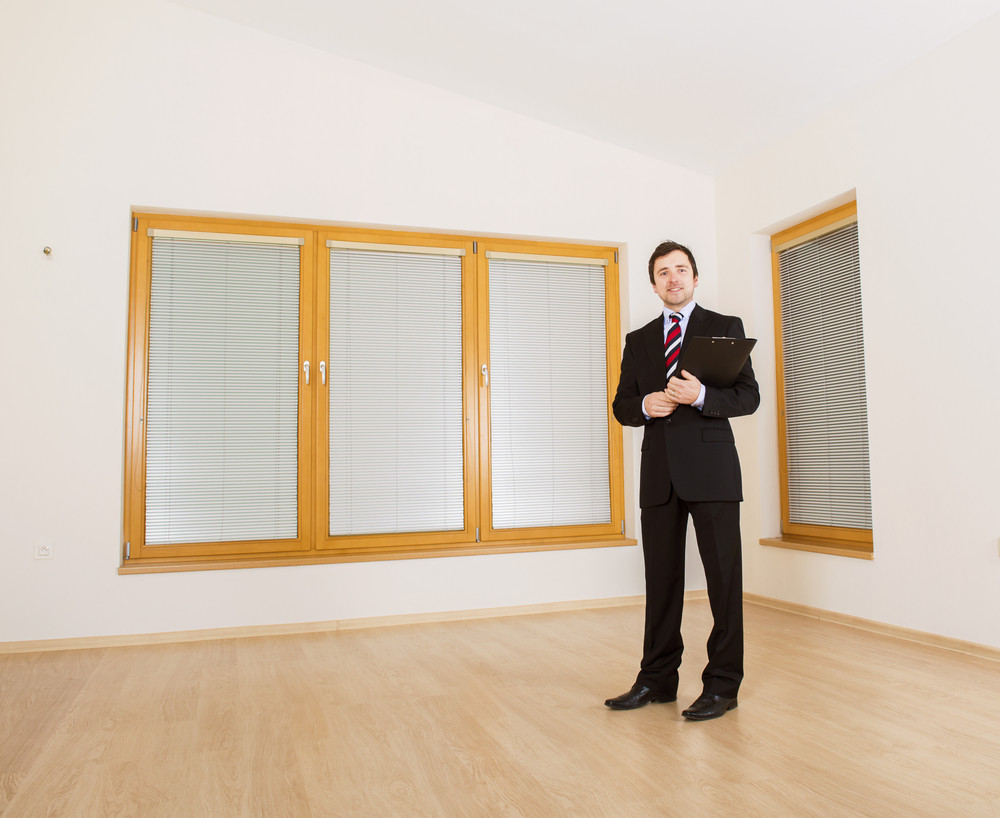If you’re currently in college or will be enrolling soon, you may be looking for student rental units. It’s important to be aware that renting an apartment as a student is a bit different from renting an apartment in other contexts. As you prepare to search for your new place to live, here are a few tips that you should follow.
1. Research Different Options Available
Before you become too invested in one place, take the time to research the various options that are available to you. This includes different types of student rental units, different neighborhoods, and different housing types. You don’t want to be impulsive, and by researching, you can learn about the various options to find the one that is the right fit for you.
2. Be Prepared to Need a Co-Signer
Many students think that they can simply go to an apartment complex and sign their first lease. Unfortunately, they often lack the credit, the income, or both to be able to get an apartment on their own. Be prepared to need a co-signer. Ask a trusted family member or friend if they can help you.
3. Learn How Much You Can Afford
According to BestColleges.com and other financial experts, your monthly rent and utility bills should amount to no more than 30% of your monthly net income. Your net income is the amount you make after taxes. If a rental unit costs more than this, you likely cannot afford it. Many college students live with roommates to make their living situation more affordable, and you may wish to consider doing the same.
4. Don’t Forget Renters Insurance
While you may not be required to purchase renters insurance, it is always smart that you do so as a renter. This helps to cover you against many different types of losses. Research the different insurance options available, and don’t hesitate to ask the management of any apartment you’re considering if they have any recommendations.
It can be exciting to begin the search for student rental units. However, in this excitement, it’s easy to make mistakes, and those mistakes can impact your overall satisfaction with your living arrangements. By following the tips listed above, you can ensure you select the right unit for your needs. If you’re on the hunt for the perfect new place to call home, Lang Development Group may have it. Call us now to inquire about availability or to tour one of our available units.










